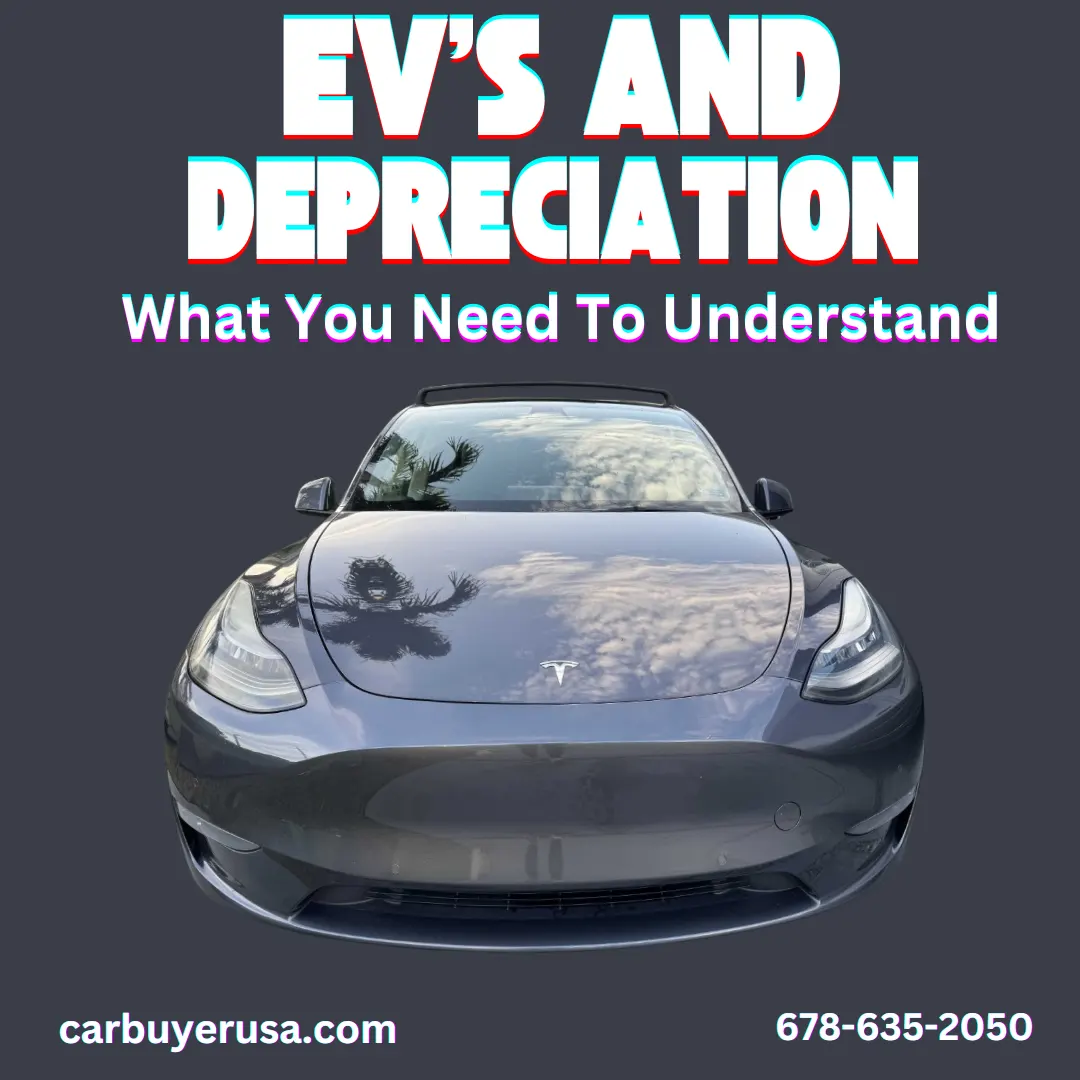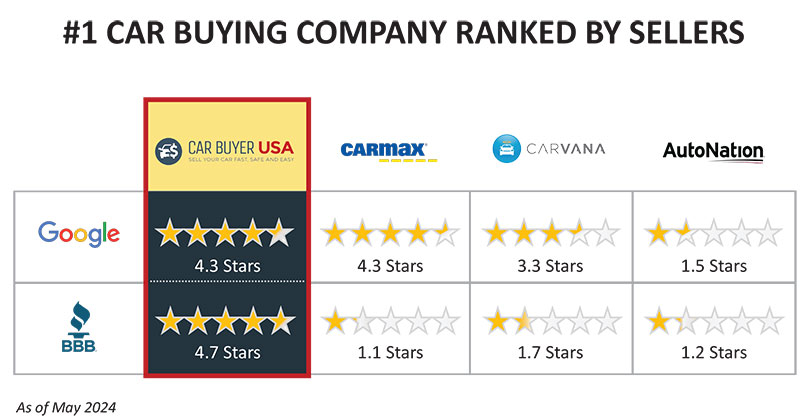
Electric vehicles (EVs) are becoming a common sight on roads worldwide, celebrated for their eco- friendliness, lower operating costs, and cutting-edge technology. However, just like traditional gasoline- powered vehicles, the resale value of an EV can be significantly influenced by mileage. Understanding how mileage affects your EV's resale value is crucial, especially if you're considering selling or trading in your car.
Mileage impacts resale value differently compared to traditional cars. While internal combustion engine (ICE) vehicles often see wear and tear in critical components such as engines and transmissions as mileage increases, EVs have far fewer moving parts. This can mean less wear and fewer costly repairs over time. However, the battery is a critical factor that buyers focus on when considering mileage. The health of the battery is directly linked to how the car has been used. Higher mileage generally indicates that the battery has undergone more charging cycles. Over time, these cycles cause battery degradation, reducing its capacity to hold a charge. A diminished battery capacity translates to shorter driving ranges, which can deter potential buyers. Battery warranties also play a role. Most EV manufacturers offer warranties that cover the battery for a specific period (e.g., 8 years or 100,000 miles). If the mileage exceeds the warranty, potential buyers may worry about the cost of replacing or repairing the battery, which can be expensive.
While high mileage on an ICE vehicle often signals extensive wear on mechanical components, the perception of high mileage on an EV can be more nuanced. Prospective buyers may be concerned about battery health, even if other aspects of the vehicle are in excellent condition. That said, with well- documented service histories and evidence of proper battery maintenance tend to retain better resale value, regardless of mileage. Advances in battery technology and thermal management systems have improved the longevity of modern EV batteries. Many newer models retain a significant portion of their battery capacity even after 100,000 miles, making them more attractive in the used car market. Buyers familiar with these advancements are often less hesitant to purchase higher-mileage EVs, especially if the car's maintenance records show proper care.
The brand and model of your EV also play a significant role in how mileage affects resale value. Established brands like Tesla, which are known for producing reliable and long-lasting batteries, often see less depreciation tied to mileage compared to lesser-known or newer brands. Similarly, EVs with longer ranges and more robust charging networks tend to retain their value better, even with higher mileage. Depreciation is inevitable for any vehicle, but historically the electric models have faced steeper depreciation rates than ICE vehicles. Factors like rapid advancements in technology, government incentives for new EV purchases, and the perceived uncertainty around battery longevity have contributed to this trend. However, as all electric vehicles become more mainstream and buyers gain confidence in their reliability, depreciation rates are stabilizing. High-mileage, particularly those from reputable brands, are now holding their value better than in the past. Sell Your EV NOW !
To ensure your EV retains its value, regardless of mileage, consider the following:
- Regularly service your vehicle and maintain thorough service records.
- Avoid frequent fast charging, which can accelerate battery degradation.
- Keep the battery charge within a moderate range (e.g., 20%-80%) to prolong its lifespan.
- Highlight the vehicle’s condition, features, and benefits when selling, such as reduced maintenance costs and environmental friendliness.
While higher mileage does impact the resale value of your car, its effects are moderated by factors such as battery health, brand reputation, and technological advancements. By taking good care of your vehicle and understanding what buyers value, you can mitigate the impact of mileage and secure a favorable resale price. With EVs continuing to grow in popularity, a well-maintained, high-mileage model can still attract a wide range of buyers looking for sustainable and cost-effective transportation options.


